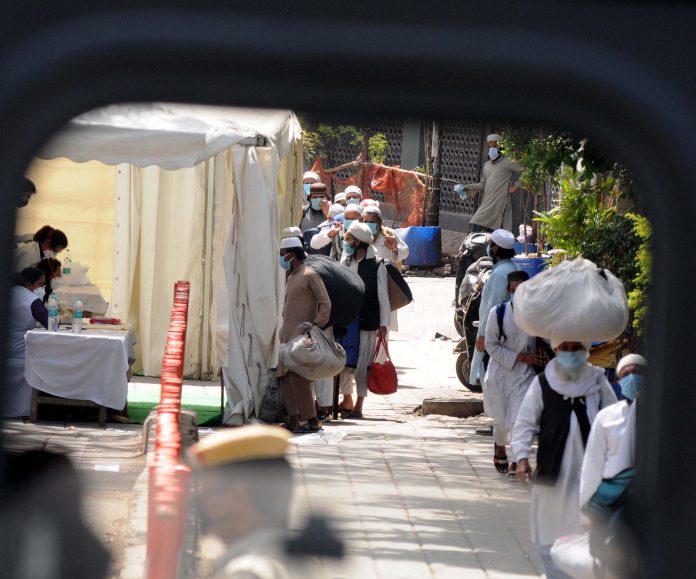
A writ petition has been filed in the Delhi High Court demanding that nearly 3,300 members of Tablighi Jamaat members who have been sent to various quarantine centres across the country be released forthwith.
The petition filed by a social worker Sabiha Quadri sought direction from the authorities to follow the guideline of 14-day quarantine and also demanded a high-level committee to look into whether continuous confinement of the members is violative of the provisions of the Constitution. It is pertinent to note here that while the petition says that the quarantine period is 14 days as per guidelines, actually the period has been increased to 28 days for high suspect and known contact cases. This was done after several cases have occurred after people had tested positive for Coronavirus more than 20 days after coming into contact of known positive patients or hotspots. Since then, most states in the country have adopted the 28 day quarantine period for such persons.
In her plea, the petitioner alleged that many people have been illegally held in quarantine centres and claimed that several persons who are staying in the quarantine centres have written letters to the authorities but they have not been considered. The contention of the petitioner that the Tablighi members have not been releases despite they have been tested negative for the coronavirus.
According to the petitioner, the authorities have failed and neglected in discharging their duties and the detention of Tablighi Jamaat members in the name of quarantine is not justified. The petitioner claimed that the quarantining of Jamaatis was not just violative of guidelines of the central government but also in contravention of Article 14, 15 and 21 of the Constitution of India.
“A total of 3,288 people from Tablighi Jamaat have been put under different quarantine centres and till date, none has been released from there, despite the fact that they are not in any manner infected with the disease (coronavirus) and in case of many members, three consecutive reports with negative endorsement have come,” the plea said.
The plea, filed through advocate Shahid Ali, also contended that the act is punishable under the provisions of IPC section 341 and 342 – Punishment for wrongful restraint.
-India Legal Bureau

